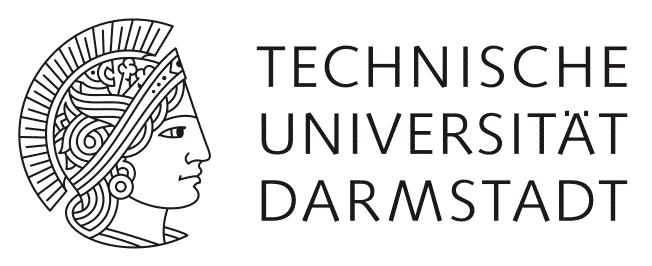Influence of forest management intensity, tree species identity and fungal-bacterial diversity on resource use, wood decomposition and gas emissions from deadwood
The decomposition of wood in terrestrial ecosystems is a significant process with far-reaching ecological consequences. Deadwood is an important structural component in forest ecosystems, influencing a variety of ecosystem functions, especially carbon sequestration and nutrient cycling, and providing habitat for wood-dwelling organisms. FunWood IV addresses these ecosystem functions and experimentally tests whether species diversity has an influence on the functional diversity of deadwood-degrading communities and how this diversity and ecosystem processes are influenced by the intensity of forest management.
FunWood IV has three core questions within the BeLongDead (Biodiversity Exploratories in the Long-Term Experiment with Deadwood)
(i) Investigate the functional diversity of deadwood-degrading communities.
(ii) Assessment of the functional and structural response of the woody degrading community under changing temperature conditions
(iii) Analyse the influence of forest management intensity and tree species identity on biodiversity and its contribution to deadwood decomposition.
FunWood IV combines a use of current techniques
- Amplicon gene sequencing
- Metaproteomics
- Protein-based stable isotope probing (Protein-SIP)
- CO2 emission rates
- C/N elemental analysis
to gain a deeper understanding of how fungal and bacterial communities carry out the wood decomposition process under changing temperature conditions. Besides the possibility to correlate ecosystem processes such as wood decomposition and microbial diversity, the dataset to be developed offers the possibility to characterise the influence of forest management intensity and tree species identity over several geographical dimensions.









